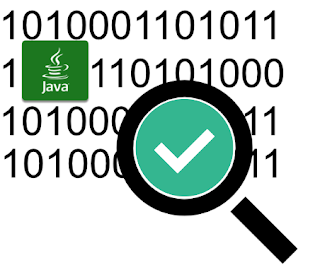Functional Programming

There are many programming languages. Most of them are based on C. However, there are a few different schools of thought. There are imperative, object-oriented, and functional schools and a couple of branches and variations, but that's the mainstream of languages you will see in production in big companies. Programming languages is how we express our intents and turn that intent into value for people. Usually, people are concerned about how other engineers would read the code, make sense of it, and be able to effectively maintain it. System programming languages like C and Zig tend to focus more on performance over abstractions (which always have a cost). Object-oriented programming languages like Java focus more on structure and how to abstract things. Abstractions are not necessarily bad if done right. They have a cost and impact on the people who maintain them. Having more abstractions on the SDK or standard library is a good thing for mantainance and increases people's kno...



